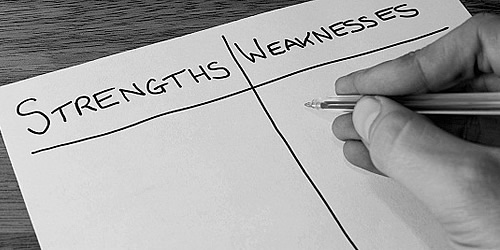In this part 6 of willpower, I continue on the importance of positive float
On the 5 August 2004, I boarded a taxi heading to Kireka (a city suburb where I used to live). In the taxi I sat next to an old man. He had an Obote like haircut and looked well educated. I just sat quietly. As we were approaching Spear motors junction, after a 10 minutes’ drive, the old man tapped on me and said: Hi, young man. What do you do? I looked at him and intoned: “I am a consultant. I help people solve their problems.” He looked at me and quickly replied: “you look worried, why not fix your own problems first?”
I said I need capital but no bank is willing to give me the money.
The old man looked at me and said:
“don’t neglect to do this. Go, write down the top four things you are good at and focus on how to use them to raise capital.” He added: “once you do it, use the principle of positive float –always think about your strengths.”
For long, I thought I needed capital when in fact I had the capital. I was the capital.
When I reached home, I got a paper and a pen and wrote down my personal strengths. I don’t know why it was tough writing my personal strengths. And come to think about it, I had never looked at what I was good at. I always looked at problems.
Writing down my strengths helped me discover that I was good at writing, healthy and a Certified Chartered Accountant!
I thought, what about visiting Universities and trying to teach accountancy on part-time. I tried three training institutions in vain. Reluctantly, I tried the fourth one. Thank God they had a department of professional programs and they welcomed me with two hands.
Now, I had a part time job as a lecturer paying me Ugx. 150,000 (US $ 60) weekly.
Finally I had some little income to help me pay my expenses.
I also remembered that as a consultant, my capital was my brains. What if I offer free consulting services to the restaurant in exchange for the 20% shares offer. The next day, I went to the restaurant and met the entrepreneur and told him how I could offer professional advice to turnaround his restaurant. “With this kind of setup, you don’t need capital. You need ideas to grow, and I am willing to put in my best.” He agreed. The rest is history.
Now to you
Don’t neglect to do this: write down your top five (5) personal strengths.
How are you using them to make money?
Error on focusing on your strengths or positive float. But that is not enough. Think deep on how to use your personal strengths to make money.







